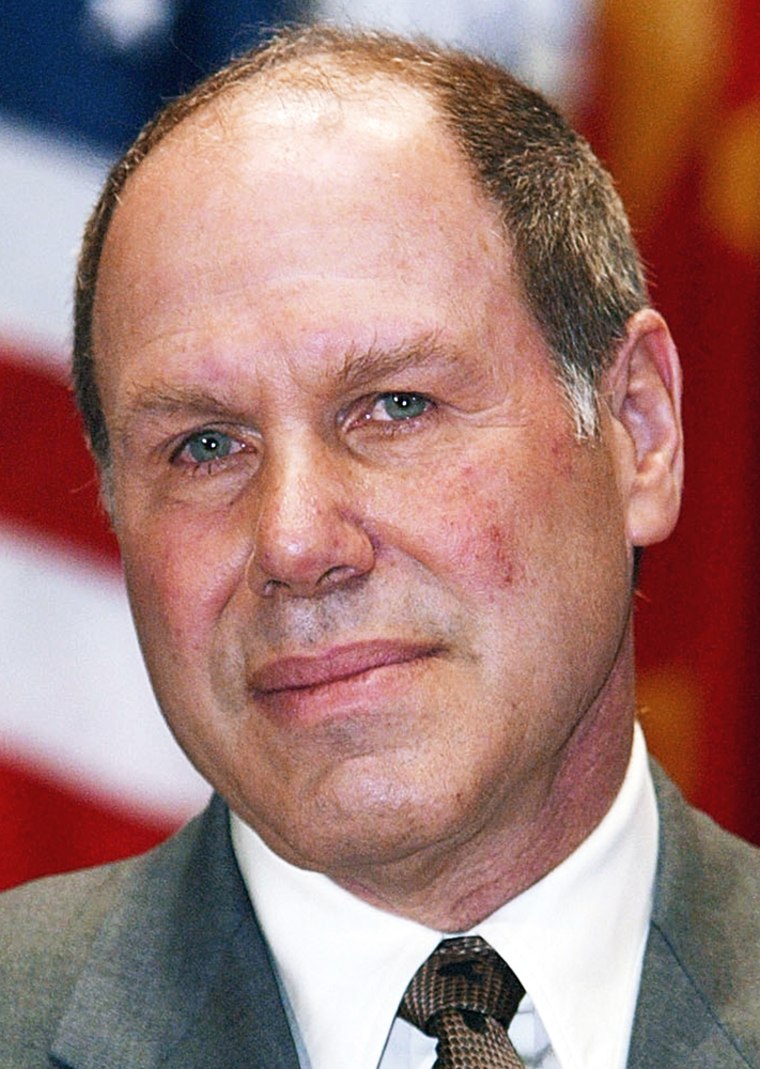Michael Eisner plans to step down as Walt Disney Co. chief executive when his contract expires in September 2006, the head of the entertainment conglomerate said in a letter to the board released on Friday.
The decision signals the end of the 62-year-old Eisner’s two-decade reign at the helm of the Burbank, California-based company. Eisner has presided over a vast expansion of one of the world’s best-known brands, whose businesses range from theme parks to films to the ABC television network.
It also comes six months after Eisner, who became chief executive in 1984, narrowly survived a tumultuous battle led by dissident shareholders Stanley Gold and Roy Disney, a nephew of founder Walt Disney, to oust him from Disney leadership. Eisner was stripped of his role as Disney chairman.
Eisner told the board of his decision in a letter dated Sept. 9, released by Disney.
Barry Hyman, chief investment strategist at Ehrenkrantz, King, Nussbaum, said Wall Street would be pleased by the move, which would clear up uncertainty.
“Two years should be plenty of time to find a successor and that may ease some of the pressure on the company,” said Hyman, who does not own shares of the company.
In an interview with the Wall Street Journal, Eisner said Disney’s recent crises played no role in his decision to step down.
He said the decision was “not asked for, not motivated by current circumstances at all,” adding that with Disney on an upswing, “this was the time to give the board two years notice, so that there will be a comfortable period of succession.”
Last month, Disney said profit for its fiscal third quarter ended June 30 rose 20 percent to $604 million, or 29 cents per share, on revenue of $7.5 billion.
It is unclear whether Disney’s board would have offered Eisner a new contract if he wanted one, the Wall Street Journal said, citing unnamed people close to the situation.
In an interview published on Sunday in the Los Angeles Times, Eisner said Disney President Robert Iger was his “preferred choice” to succeed him.
Iger, a veteran broadcasting executive, has said he would like the job.
“There are quite a few good candidates for the job, both inside and outside the company,” said Steve Previs, an analyst with Jefferies International in London. (Eisner) has said he prefers Iger, but I don’t think that will have too much weight because of his battles with the board.”
The board under Chairman George Mitchell, appointed to the role in March, is already under way on succession planning, although Mitchell has not named CEO candidates.
Contenders seen by analysts include News Corp. Chief Operating Officer Peter Chernin, former Viacom Inc. President Mel Karmazin, and Jeff Bewkes, who chairs Time Warner Inc.’s entertainment and networks group, eBay Inc. CEO Meg Whitman, Gap Inc. CEO Paul Pressler, Tom Freston, co-president of Viacom, Yahoo Inc. Chairman and Chief Executive Terry Semel, and even Steve Jobs, the chief executive of Pixar Animation Studios Inc. and Apple Computer.
Eisner’s planned departure may make it more difficult for opponents to oust him, but Roy Disney’s group has signaled it is likely to campaign to elect a dissident slate of directors.
At Disney’s March 3 annual meeting, 45 percent of voting shareholders, including some major pension funds, withheld support for Eisner’s re-election to the board.
